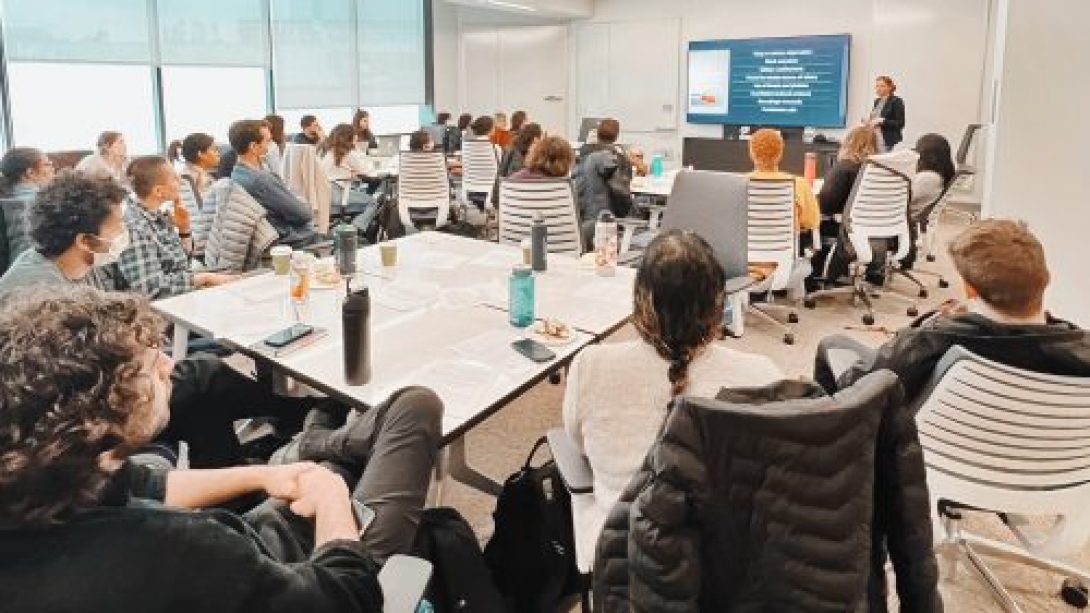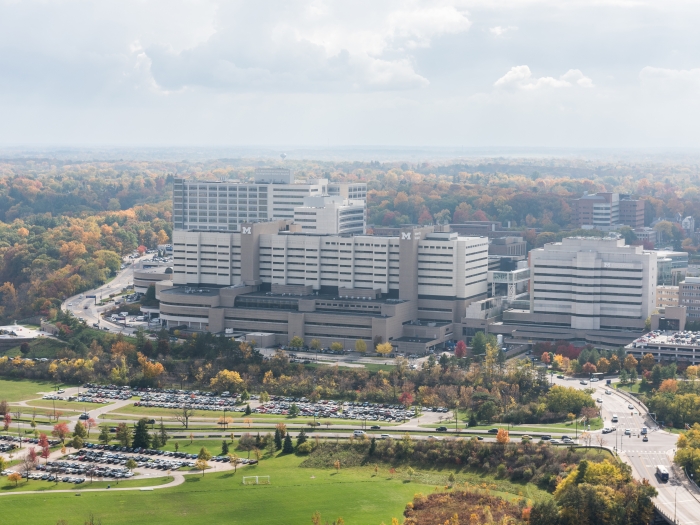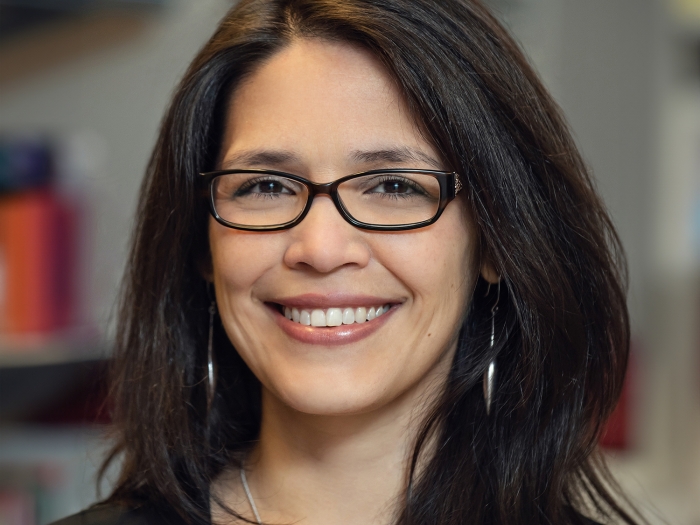7:42 PM
Author |
As the wheels of their plane hit the runway, my parents were greeted with the announcement, "Welcome to JFK International airport." My mother, five months pregnant at the time, was flying from their then third-world country: Trinidad and Tobago. Like countless other immigrants, my family came under the promise of "the American Dream," but what does that really look like? For us, it meant the opportunity to access the best education possible.
We settled in the bustling metropolis of New York City, a place that's home to over 700,000 unauthorized immigrants. Imagine arriving to a foreign country with only a few hundred dollars in your pocket, ineligible for food stamps or Medicaid. You take over-the-counter supplements, daily turmeric and excessive amounts of tea, hoping to stave off any illness. Finding a job becomes a daunting task when you're suddenly asked to disclose your citizenship status on page eight of the job application. Then, a global pandemic hits, and you're left jobless without any access to unemployment benefits or stimulus checks. But that's not all - the mere sound of a police siren or the sight of a law enforcement officer fills you with paralyzing fear. You become accustomed to feeling this way, with a racing heart and sleeping with one eye open becoming a normal part of daily life.
When it comes to discussing the topic of immigration, the mainstream media frequently overlooks a crucial aspect: the 10-year ban that immigrants face if they attempt to visit their home country to see their loved ones. The heartbreaking reality of missing important life events like funerals, weddings and the births of nieces and nephews often goes unmentioned. Yet, despite all these struggles, the opportunity for a better life in America is worth it, and immigrants endure decades of hardship, instability and emotional turmoil to create that better life for their families. This is the story of my parents, two of the many immigrants who came to America.
My journey brought me to the University of Michigan Asylum Collaborative (UMAC), a non-profit, medical student-run human rights clinic. UMAC offers free physical and psychological evaluations to survivors of human rights abuses who are seeking asylum in the United States. As the training coordinator, I recently had the opportunity to invite influential individuals in the field of asylum medicine to present to a room full of medical students, residents and physicians.
One of our speakers was Dr. Vidya Ramanathan, a pediatrician, human rights advocate and medical director of our organization. She trained our attendees on how to conduct the forensic medical exam and write the medical affidavit. Using the Physicians for Human Rights Istanbul Principles, she demonstrated the gold standard of effective investigation and documentation of torture.
Another speaker was Dr. Jessica Pierce, a child and adolescent psychiatrist who is passionate about civil rights and social action. She guided the crowd on how to conscientiously conduct a psychiatric/psychological asylum evaluation. Dr. Pierce defined psychological torture, explained the psychiatric review of systems and challenged us to strengthen our cultural understanding, especially when working with this population.
We closed with Teresa Duhl, the fund development and engagement manager at Freedom House Detroit. She informed us on asylum law through a unique case study following a family's journey to the United States. Freedom House is a non-profit organization in Detroit devoted to helping asylum seekers rebuild a safe life through providing shelter, community and legal assistance. Many of the cases we receive are referred to us from Freedom House. Our training program is designed to equip our volunteers with the skills needed to provide free forensic medical evaluations to those escaping persecution and seeking refuge in America. After successfully completing the training program, our attendees can volunteer and make a meaningful difference in the lives of those who need it the most.
As medical students, we may not have the power to change immigration laws or provide direct medical care for all who needs it, but I believe that we can still make a meaningful contribution to the lives of immigrants by giving our time, kindness and commitment to learning more about the challenges they face. Recently, I had the privilege of sitting in on an evaluation case as part of UMAC. This experience opened my eyes to the immense transformative power of medicine and helped me understand that the role of a physician goes beyond clinical presentations and medical diagnoses. A physician must truly grasp a person's life experiences, strengths, traumas and culture to provide the best possible care. This requires building a deep human connection that forms through empathy, understanding and compassion, ultimately leading to the establishment of trust. What I witnessed on that call was the cultivation of hope and strength through storytelling and advocacy. To be trusted by this person to convey their story and experiences in a medical affidavit left me feeling humbled and grateful. It is a privilege to be part of an organization that challenges me to constantly reflect on my privilege and use it to drive change. By advocating for immigrants seeking to rebuild a safe, secure and beautiful life for themselves and their future generations, I have found a sense of purpose that is truly fulfilling.
To me, the power of humanity lies in our ability to form deep connections and support each other through adversity. While we may not be able to solve all the world's problems, we can make a lasting impact by lifting each other up in times of need. This is a lesson I learned from my parents, who made selfless sacrifices to bring me to this country and instilled in me a passion for uplifting marginalized populations through service and advocacy. UMAC has provided me with a platform to turn that passion into meaningful action. As I reflect on my journey as a first-year medical student at the University of Michigan Medical School, I feel grateful for the opportunity to contribute to a cause that is bigger than myself and to work towards creating a more just and equitable society for all.

University of Michigan Medical School
Want top health & research news weekly? Sign up for Health Lab’s newsletters today!





